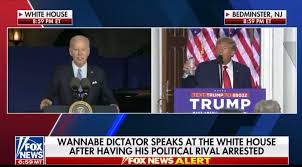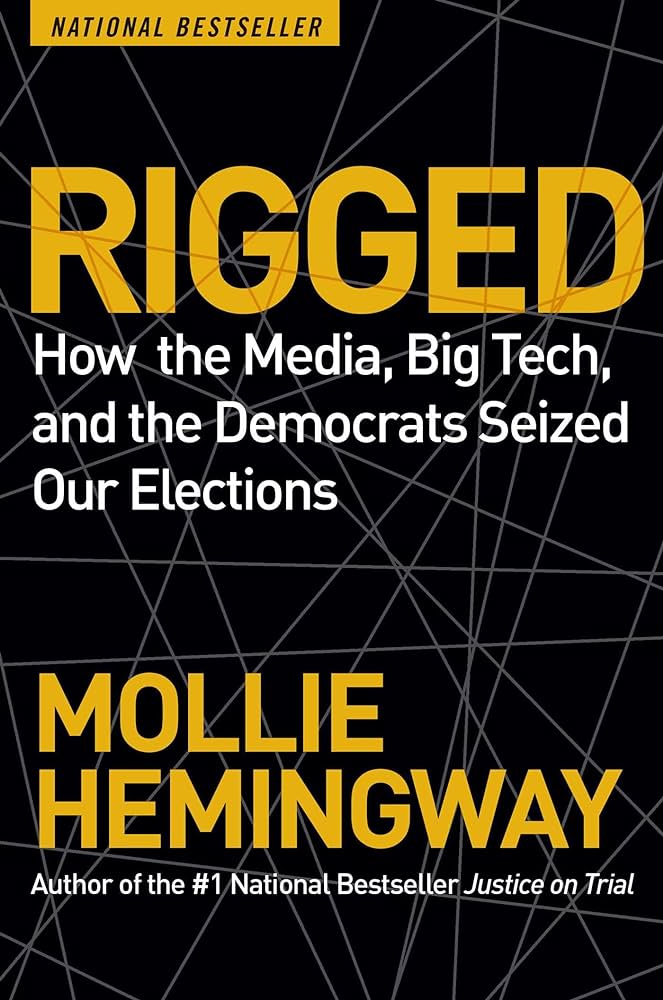The antagonist in the 2006 film The Illusionist is a fictional 19th century Hapsburg crown prince, played by Rufus Sewell. Sewell’s prince is vain and cruel in his personal life, and a dedicated autocrat. But he is also dedicated to modernizing the empire to improve the lives of its citizens. At a climactic moment in the film he rails against democracy as a form of government that is certain to derail (what he sees as) progress: “A thousand voices screaming to be heard and nothing will get done!”
It is a sentiment that many others have felt and expressed. I note in an earlier post and in Climate of Contempt how this idea is taking hold among cultural conservatives and some Trump advisors. But it is also a sentiment one hears (in gentler forms) among advocates of a rapid energy transition. For example, “If only the U.S. could build clean energy infrastructure as fast China can …” Indeed, when someone in my Twitter/X feed polled his followers asking if states should be able to overrule local communities to site green energy facilities, 80 percent said yes.
When the end seems more urgent, our respect for process rights becomes more and more selective. If the poll had referenced a natural gas pipeline into New England, presumably the results would have been very different.
Pluralistic democracy slows government action by empowering opponents of that action. The U.S. version of liberal democracy is particularly laden with veto gates that slow the energy transition, triggering frustration and tempting us to blame somone or something other than sincere, well-intended fellow citizens who simply hold different views than we do.
And when those opponents receive financial help from economically self-interested groups, the temptation becomes overwhelming. Publicizing the role of wealthy interests in bankrolling opponents of green energy infrastructure, or the energy transition more broadly, is well and good. But it doesn’t remove those sincere opponents, our fellow citizens and voters, from the political equation. They continue to vote and to write to their elected representatives. And for reasons explained in Part II of my book, today’s Republican officials have every incentive to champion their cause.
Winston Churchill famously observed that: “No one pretends that democracy is perfect or all-wise. Indeed it has been said that democracy is the worst form of Government except for all those other forms that have been tried from time to time.…” Unfortunately, less democratic forms of government can look better and better to those who see their political opponents (and their objectives) as illegitimate. And nothing in human history has helped us reach that conclusion as efficiently and continuously as the internet.
It heightens our sense of the danger posed by opponents. It spreads falsehoods faster and farther than truths. It foments premature certainty about complex problems. It presents us with a distorted picture of our policy opponents and their beliefs. And its denizens repeat those distortions and untruths beyond the virtual world. It is the perfect propaganda machine.
On the right this has emboldened calls for white or Christian nationalism. Former Trump national security advisor (and pardoned felon) Mike Flynn has called for the establishment of Christianity as the national religion. This even as surveys indicate that religious affiliation is waning in the United States.
As more and more people come to see their own policy positions as non-negotiable moral imperatives, pluralism looks more and more like an obstacle to doing the right thing. Alternatives to democracy begin to look like better ways to get what we want.
To be clear, few if any candidates on the political left advocate a more authoritarian form of government. That message is coming almost entirely from the right. But when left-leaning advocates lapse into anti-democratic rhetoric, it supports the perception that the left wants to tyrannize the right. It helps right-leaning media to feed the belief that Joe Biden was a “wannabe dictator” (see Fox News screenshot) and that Democrats and intellectual elites “rig” election and policymaking outcomes.
Unless and until reality can intrude on those beliefs, and their spread can be slowed (consistent with the First Amendment), Congress will remain unable and unwilling to take the steps necessary to hasten the energy transition. Proponents of the transition can better advance their goals by focusing on voters and how they form their beliefs. Those voters must change before Congress can change. — David Spence



